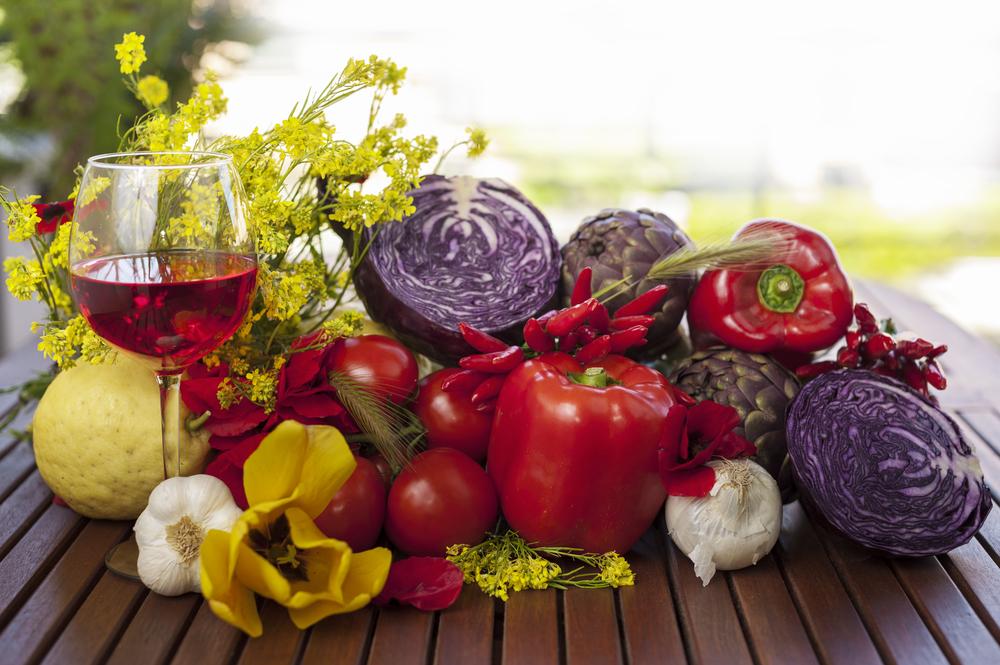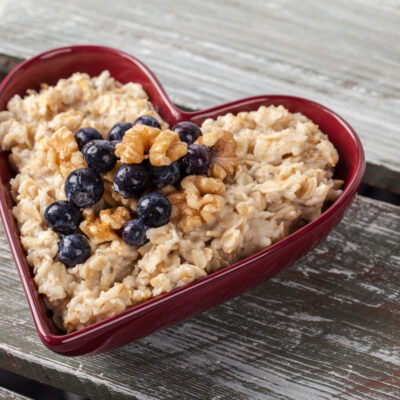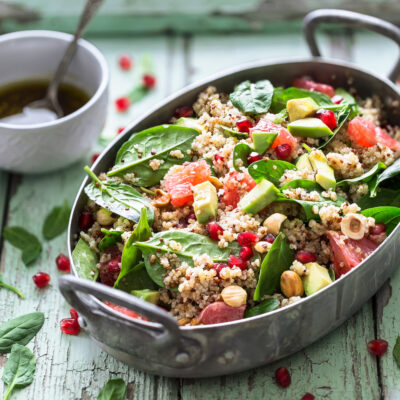
The Best and Worst Foods for Asthma
Asthma is a common respiratory condition that is marked by swelling and inflammation of the airways, causing breathing difficulties. During an asthma attack, common symptoms include chest pain, elevated heart rate, wheezing, and labored breathing. Asthma triggers include dust mites to pollen to specific foods, which can significantly worsen asthma symptoms. Research shows that the following foods can either greatly benefit or aggravate the symptoms of asthma:
1. Apples
Research shows that apples are not just effective at curbing asthma symptoms, but also for decreasing the risk of developing asthma in the first place. Some studies have found that the antioxidants located within apple peels, particularly in red apple peels, actually provide a natural form of antihistamine that can help reduce the inflammation that occurs during an attack. An article published in the Nutrition Journal also reported that apples were associated with a decreased risk of asthma.
2. Red wine
Red wine contains specific preservatives known as sulfites, which are shown via multiple studies and anecdotal accounts to aggravate asthma symptoms and possibly even trigger ashtma attacks. Most alcohols contain sulfites, but red wine typically contains the highest levels.
3. Guava
A Japanese study published by the National Institutes of Health monitored the beneficial effects that high doses of vitamin C had on preschool children with asthma. The results indicate that high amounts of vitamin C given to participants on a daily basis significantly reduced asthma symptoms. Foods such as guava, which offers over a whopping 400% of the daily recommended value of vitamin C, can greatly help asthma sufferers reduce symptoms.
4. Salt
Foods that contain a lot of salt should be avoided for asthma sufferers as well. Why? Salt has been proven to be detrimental to people suffering from asthma. While a high sodium diet may not cause asthma, studies show that high amounts of salt can aggravate symptoms. This is due to the fact that salt encourages fluid retention, which can lead to increased inflammation in the bronchi of the lungs.
5. Spinach
Spinach is high in folate, a B vitamin that’s known for preventing severe asthma attacks. A 2016 study conducted by the Annals of the American Thoracic Society, showed that kids who were deficient in folate and vitamin D were almost 8 times more susceptible to experiencing severe asthma attacks. Spinach also contains magnesium, which can help improve lung flow and volume.
6. Milk
Milk doesn’t cause asthma, but many people who suffer from both allergies and asthma should stay away from most dairy products. Statistics show that roughly 45 percent of children who suffer from asthma suffer from dairy and other food allergies. Milk can also create more mucus in the lungs, which can exacerbate asthma symptoms.
7. Salmon
A study conducted by La Trobe University demonstrated how diets rich in fatty fish can help decrease lung inflammation associated with asthma. Fish that are rich in omega-3 fatty acids, like salmon or mackerel, are proven to help stave asthma symptoms because fatty acids have anti-inflammatory properties. Salmon has some of the highest levels of omega-3 fatty acids, making it well suited for asthma sufferers.


